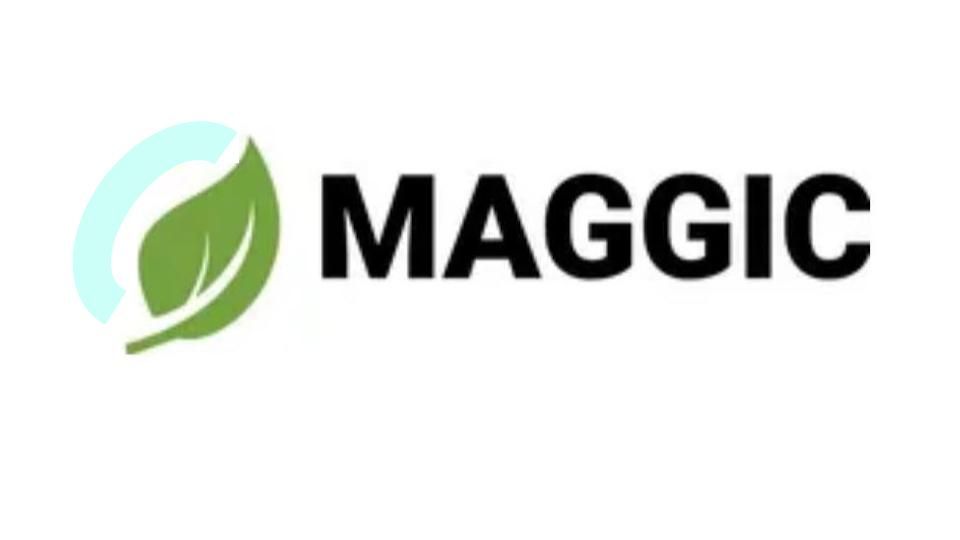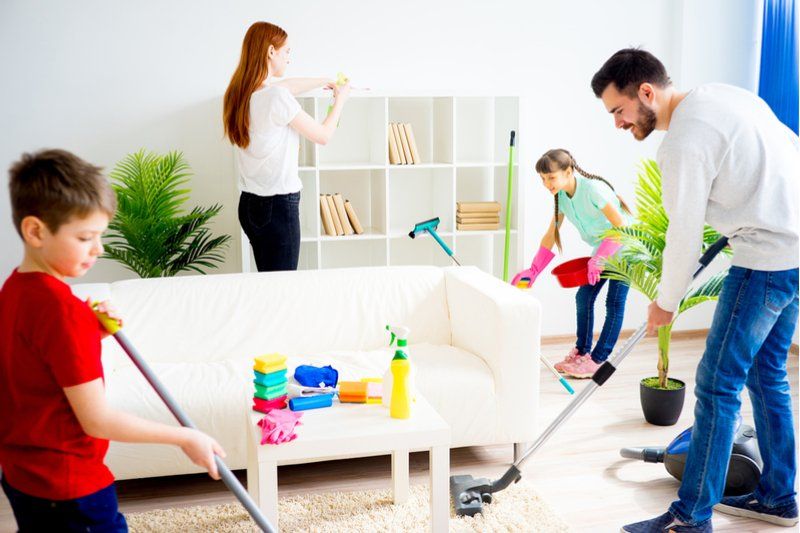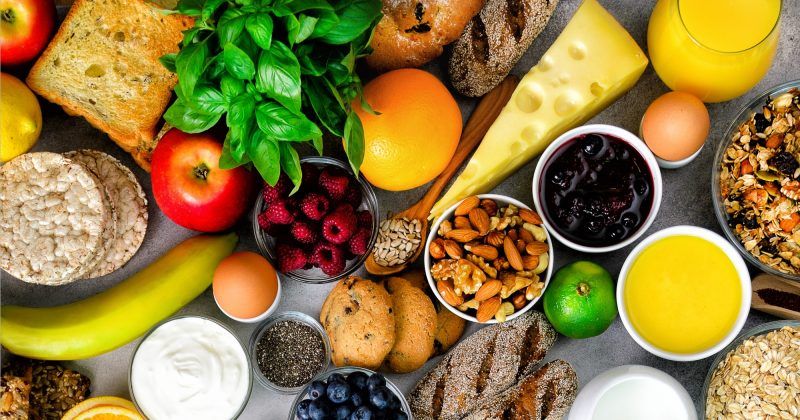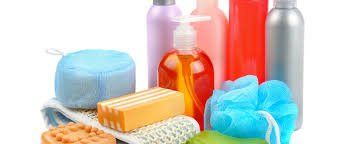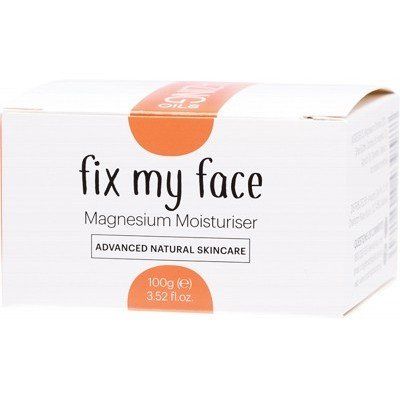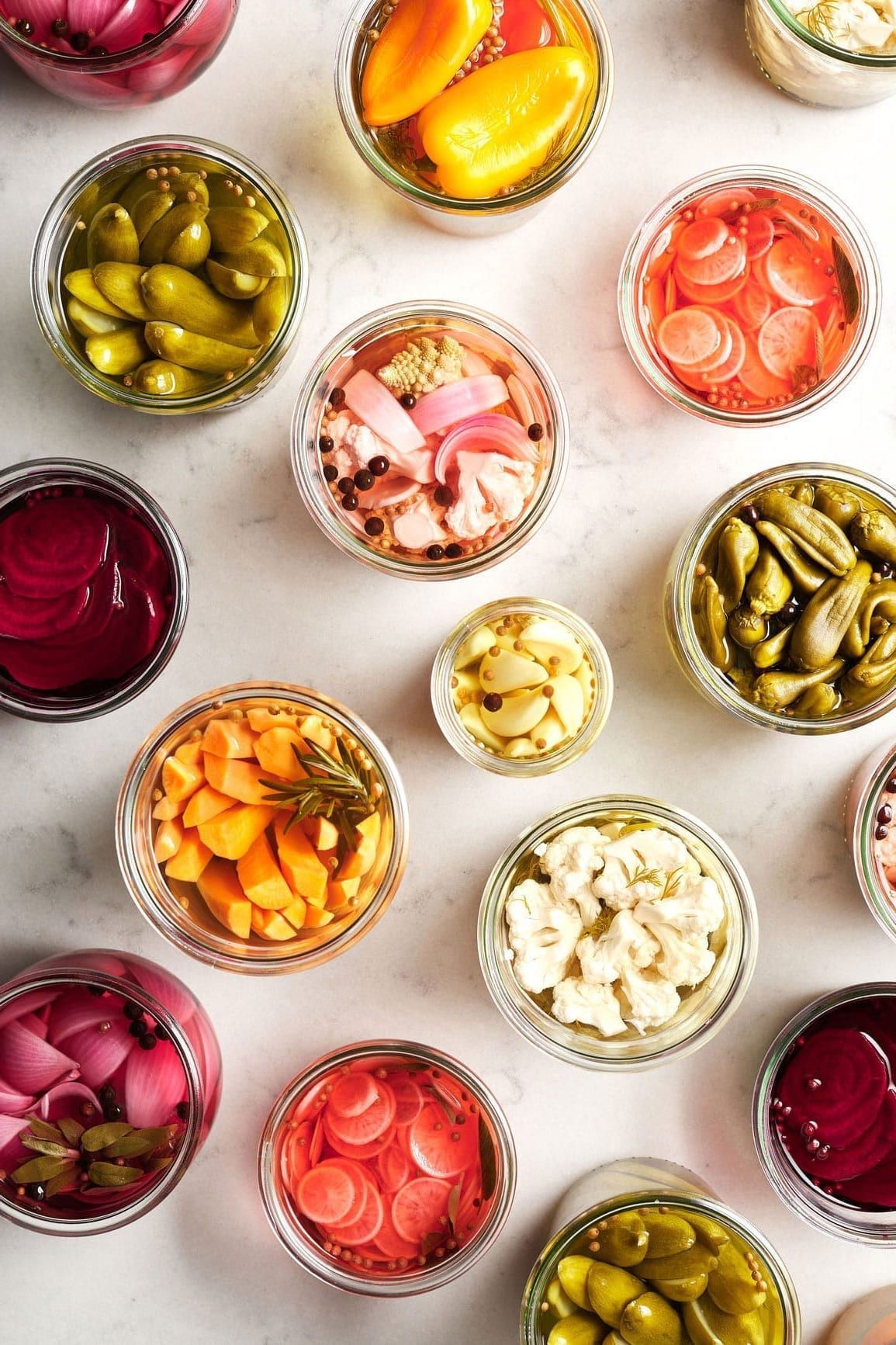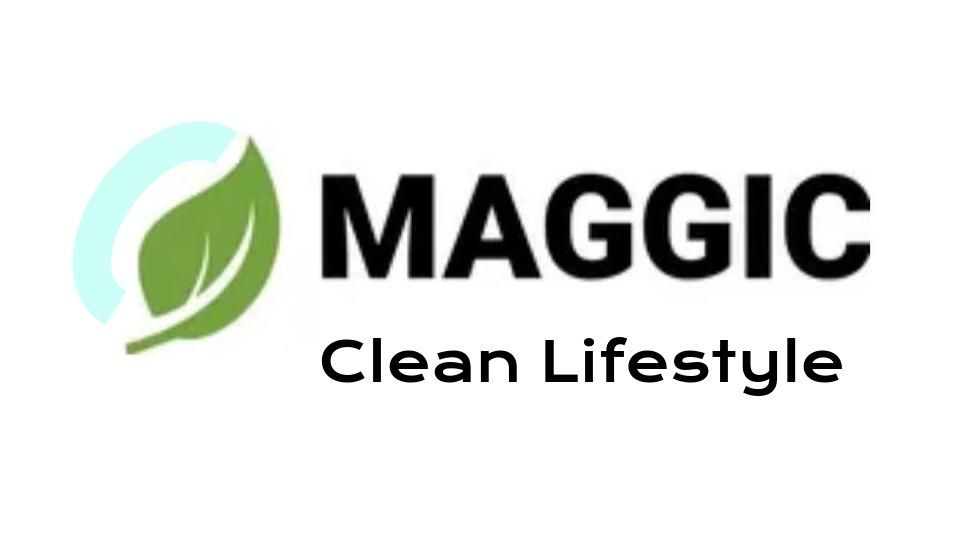What Should You Put Down The Plug Hole
- By florian.glinserer
- •
- 19 May, 2019
- •
Keeping your waste water clean
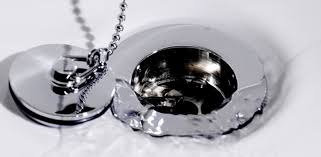
About 70 per cent of Sydney's wastewater is made inside the home.
As householders we have a certain amount of responsibility to make sure that our waste water is kept clean.
When disposing of food, oil, chemicals and solid wastes we should ensure that it goes into the compost, recycling or bin. This reduced the pollutants we allow to enter the water cycle.
The water cycle starts at home where we produce waste which we then have a responsibility to dispose of in a clean and hygienic way. Every piece of waste we produce creates a hazard or health risk for another person or animal. If we where being totally responsible for our waste as well educated, healthy individuals we would be ensuring that our household waste was close to zero. As responsible consumers we would ensure that our consumer choices where sustainable, low to zero waste or recyclable and reusable.
Having decided to make these important decisions everyday lets discuss our water waste. Some of us don't have the facility to compost or have a garden so the idea of disposing of our grey water waste is a nice one but impossible.
If you do happen to have a backyard you may benefit from a grey water disposal system approved by your state water management authority. These might include a household greywater treatment system which takes the greywater from your washing machine, sinks and showers; sanitises it and redistributes if for reuse on your garden. The addition of aA Worm Farm in your home is great for breaking down the solids, faeces, toilet paper and other organic matter from your kitchen sink by way of vermiculture. The wet decomposition chamber incorporated in the units design acts like a mini ecosystem and is an effective way to treat waste matter for reuse on your garden.
Buckets of greywater taken out into the garden are not recommended if solid waste is involved as the waste may attract bugs, animals or disease.
For those of you who don't have a backyard the local environment and places you wish to travel to are your backyard; and what you put down your sink is just as important. Keep solid matter, oil , chemicals and solid waste for the garbage bin, green waste and recycling and make sure that the choices of chemicals you make are eco-friendly and greywater safe. Making these choices for the general eco-system is important so that when you leave your home there is a clean eco-system to go out into. The worlds environment has now become our backyard to explore, nurture and enjoy.
To prevent food waste from entering the water cycle through your kitchen sink use a sink strainer. Cooking Oil Waste can be sealed in a jar and recycled by your local oil recycling service or disposed of in the household rubbish. The disposing of cooking oil incorrectly in drains and sinks can cause plumbing and environmental problems. Small amounts of cooking oil can be disposed of in garden composts.
Chemical disposal should be done using your local recycler or sealed and disposed of through your normal rubbish. Do not put chemicals down the sink which could cause plumbing and environmental problems.
Conclusion
Reduce your waste. Keep you greywater waste clean by reducing the amount of food, oil, chemicals and solid waste you put down the sink. Clean and reuse the greywater from your sinks, washing machines and showers to put on your garden and use a worm farm or type of composting system to dispose of food waste responsibly.
As householders we have a certain amount of responsibility to make sure that our waste water is kept clean.
When disposing of food, oil, chemicals and solid wastes we should ensure that it goes into the compost, recycling or bin. This reduced the pollutants we allow to enter the water cycle.
The water cycle starts at home where we produce waste which we then have a responsibility to dispose of in a clean and hygienic way. Every piece of waste we produce creates a hazard or health risk for another person or animal. If we where being totally responsible for our waste as well educated, healthy individuals we would be ensuring that our household waste was close to zero. As responsible consumers we would ensure that our consumer choices where sustainable, low to zero waste or recyclable and reusable.
Having decided to make these important decisions everyday lets discuss our water waste. Some of us don't have the facility to compost or have a garden so the idea of disposing of our grey water waste is a nice one but impossible.
If you do happen to have a backyard you may benefit from a grey water disposal system approved by your state water management authority. These might include a household greywater treatment system which takes the greywater from your washing machine, sinks and showers; sanitises it and redistributes if for reuse on your garden. The addition of aA Worm Farm in your home is great for breaking down the solids, faeces, toilet paper and other organic matter from your kitchen sink by way of vermiculture. The wet decomposition chamber incorporated in the units design acts like a mini ecosystem and is an effective way to treat waste matter for reuse on your garden.
Buckets of greywater taken out into the garden are not recommended if solid waste is involved as the waste may attract bugs, animals or disease.
For those of you who don't have a backyard the local environment and places you wish to travel to are your backyard; and what you put down your sink is just as important. Keep solid matter, oil , chemicals and solid waste for the garbage bin, green waste and recycling and make sure that the choices of chemicals you make are eco-friendly and greywater safe. Making these choices for the general eco-system is important so that when you leave your home there is a clean eco-system to go out into. The worlds environment has now become our backyard to explore, nurture and enjoy.
To prevent food waste from entering the water cycle through your kitchen sink use a sink strainer. Cooking Oil Waste can be sealed in a jar and recycled by your local oil recycling service or disposed of in the household rubbish. The disposing of cooking oil incorrectly in drains and sinks can cause plumbing and environmental problems. Small amounts of cooking oil can be disposed of in garden composts.
Chemical disposal should be done using your local recycler or sealed and disposed of through your normal rubbish. Do not put chemicals down the sink which could cause plumbing and environmental problems.
Conclusion
Reduce your waste. Keep you greywater waste clean by reducing the amount of food, oil, chemicals and solid waste you put down the sink. Clean and reuse the greywater from your sinks, washing machines and showers to put on your garden and use a worm farm or type of composting system to dispose of food waste responsibly.
